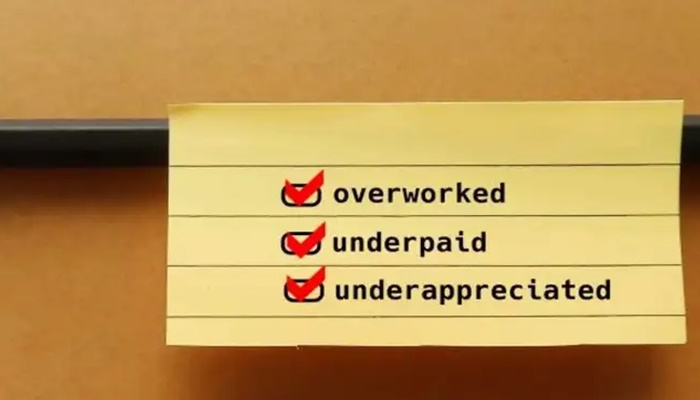Prep Like a Pro and Avoid Last-Minute Panic. Performance appraisals bring out the overthinker in all of us. The forms, the bell curves, the careful self-promotion. It’s a peculiar corporate ritual we all navigate. But while the rating may happen once a year, the real performance appraisal is a 12-month documentary, and you’re the director.
We’ve seen too many professionals treat self-assessments like surprise exams. The best time to prepare for your appraisal isn’t the week it’s due, it’s the 51 weeks before that. If you’re scrambling in April, the problem didn’t start in April.
We recommend that you stay in control and master your preparation:
Document Your Journey in Real Time Throughout the year: Maintain a running list of wins, milestones, client kudos, and impactful contributions. A good rule of thumb? If it made your day, it should go in the list. Create an “Appreciation” folder in your inbox. Screenshot those Slack shoutouts. Save that client email thanking you for the quick turnaround. This isn’t about stroking your ego. It’s about ensuring your contributions remain visible when memories fade.
Revisit Past Feedback and Goals: Remember the goals set during last year’s appraisal? (We hope you saved them.) Dig them out. Cross-check what was expected versus what was delivered. This gives your self-assessment both structure and depth. Managers appreciate employees who remember commitments and show progress.
Context is Key: Missed a few targets? Don’t ignore them. Provide context. Maybe a project was shelved after six months of work. Maybe your team had to manage with fewer resources than planned. Explain how you adapted and what you learned in the process. Managers are human. They understand real-world constraints.
Tell Your Story: Don’t Just List Achievements. Structure your appraisal like a mini narrative. What was the business scenario like when the year began? What were the key wins and challenges? How did you grow? Use bullets, bolding, and headers to make it readable. Your manager is probably reviewing 10 of these in a row. Help them help you.
Include a Wishlist: Want more responsibility? A role change? Upskilling budget? A transfer? Say it. Most professionals regret not stating their expectations clearly. This is your moment to speak up respectfully and with rationale.
Review, Refine, Reflect: Once written, read your self-assessment aloud. It should sound confident, not cocky; honest, not apologetic. Fix typos, trim the fluff, and make sure your story has balance. Over-indexing on wins alone can feel tone-deaf. Undervaluing your effort doesn’t help either.
Send It Early: Ideally three days before. Give your manager time to reflect, not just react. This builds credibility and sets the tone for a thoughtful conversation.
Your appraisal is a curated snapshot of your professional journey. Take the time to craft one that truly represents the value you’ve brought to the table.




















